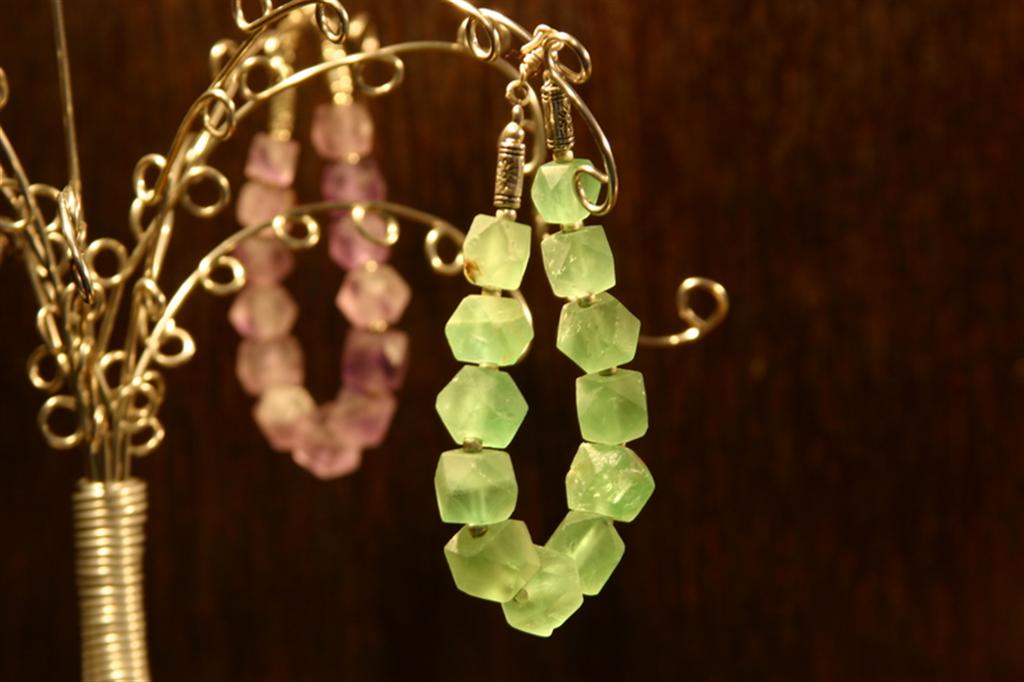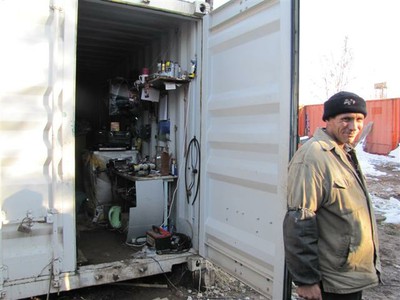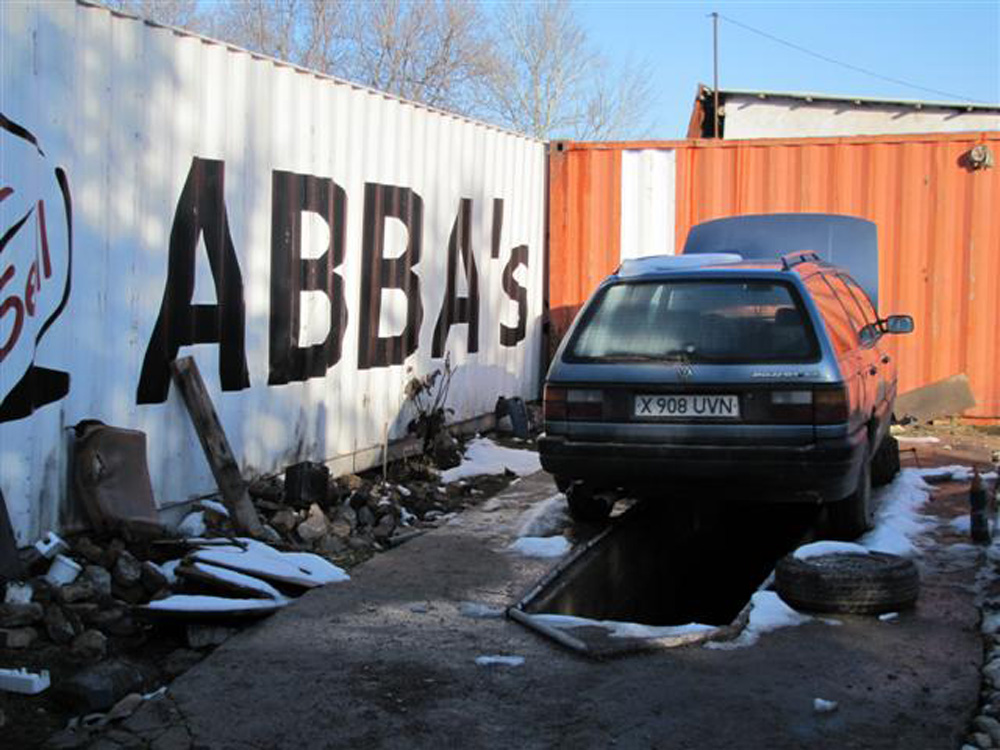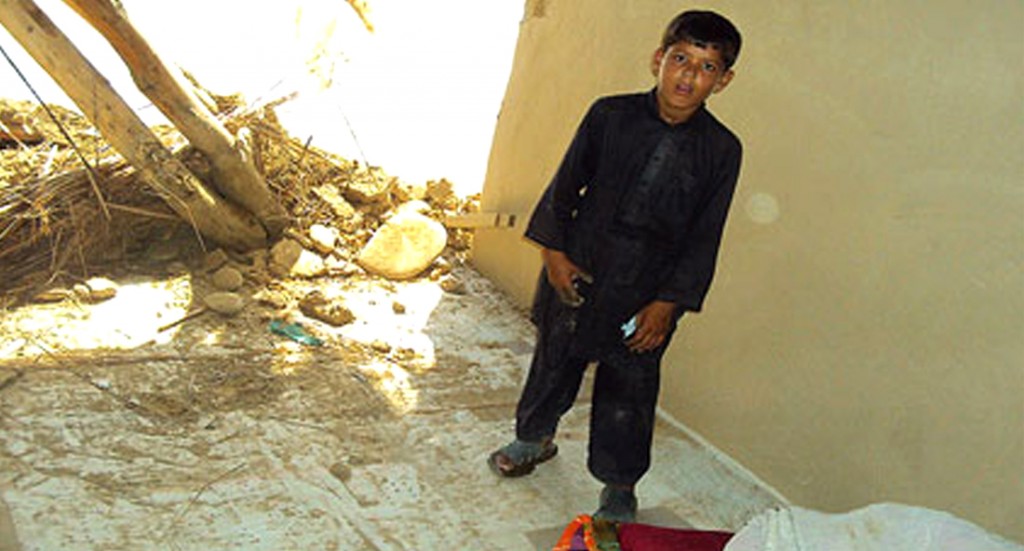The filthy waters swirled around their family home, as 10 year old Inamullah* stared in growing fear. They had now burst over the river bank and showed no signs of slowing down.
“Stay inside until the tide goes down”, his relatives had told him. But was the house safe? Already water was pouring into the ground floor and he ran to see if it was approaching the second. There was no doubt. Any moment now, they would need to move to the third floor and who knew how long even it would be safe?
The young boy needed wisdom beyond his own. While he could make a plan for himself and his older brother, a harder question was beyond his ability to solve. His mother, an old, diabetic woman, could not manage to climb those stairs in the face of the swirling waters. Inamullah sought help from his 12 year old brother who was not much bigger or stronger and, try as they might, proved too weak to carry their mother out.
For the two children, the risk of losing her was not only horrifying but hauntingly familiar. Only five years earlier, they had lost their father to the earthquake in Pakistan. Neither brother would forget the terrifying shudders of the earth that day, nor the sickening moment of realization that their dad would never come home again. Surely now they could not lose their mother as well?
Natural disasters are nondiscriminatory: they strike where they will and affect people regardless of social class or family life. In the end, the two could only gaze in abject horror as the relentless waters swept their mother away from their grasp and out of their lives. All that remained for them, in their shocked state, was to try to cheat death themselves.
Somewhere in the dark waters, Inamullah found a rubber tire and hung on to it with what little strength remained. It bobbed and ducked in the violent waters as he tried to avoid the floating debris they carried at terrifying speeds in their raging path. It was thirteen hours before rescue workers found him and took him to safety. There he was reunited with his brother and the two, now orphaned, later spoke of their battle.
“We can’t sleep at night” they said, in what we would probably call post trauma response. “We are still scared of the floods. And we are all alone now that our mother has gone. She was all we had.”
Inamullah’s mother was just one of the death toll following Pakistan’s devastating floods in 2010. The body count was close to 2,000, but that statistic hides the true human cost of the disaster. 20 million people in Pakistan were estimated to be affected. Even though most of these displaced people are now beginning to return home, each day after they returned held countless, perilous risks. There was a very serious lack of clean water, with many people forced to drink from dirty canals and other sources. There were reports of widespread cholera outbreaks, as well as dysentery and diarrhea. These illnesses can be fatal, especially for the 3.5 million children, many of whom were already malnourished due to a life of chronic poverty.
Schools were hit too. Children returned to find that, along with the rest of the buildings, their schools had been washed away. The UNHCR estimated that around 10,000 schools were destroyed by the flooding, as well as many that were rendered unusable because they were serving as temporary shelters for people who lost their homes.
After the disaster, Crossroads was immediately in consultation with people in Pakistan who were working with those affected. The kind of help they needed varied with each stage of the recovery process, but, for the load we initially sent, they asked us to gather hygiene kits, kitchen sets and school supplies. Many people in Hong Kong responded generously by donating funds and running collection drives to help the flood victims. The container was sent to Pakistan and the goods inside reached people rebuilding their lives in new homes and those living temporarily in camps and shelters.
*Name changed

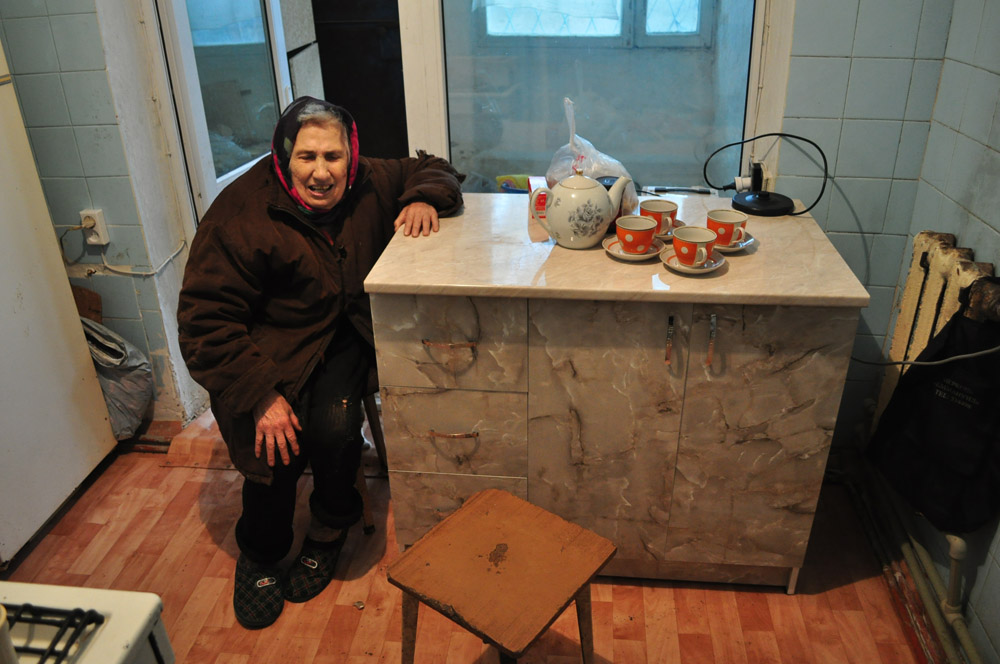
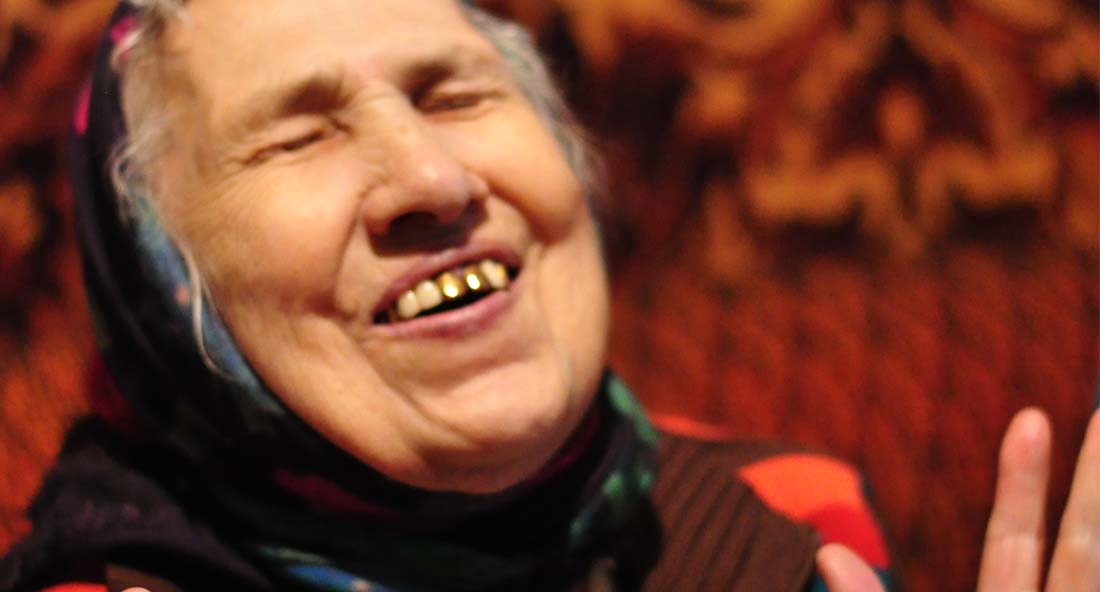
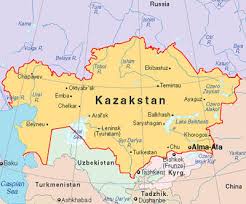
 Azada was 14 years old when her father asked her to marry one of her cousins, hoping, as is common in some forms of Islam, that a husband who is a relative would treat her better than one who is a ‘stranger’.
Azada was 14 years old when her father asked her to marry one of her cousins, hoping, as is common in some forms of Islam, that a husband who is a relative would treat her better than one who is a ‘stranger’.